Christopher E. Granade
Learning models of quantum systems from experiments
Feb 14, 2020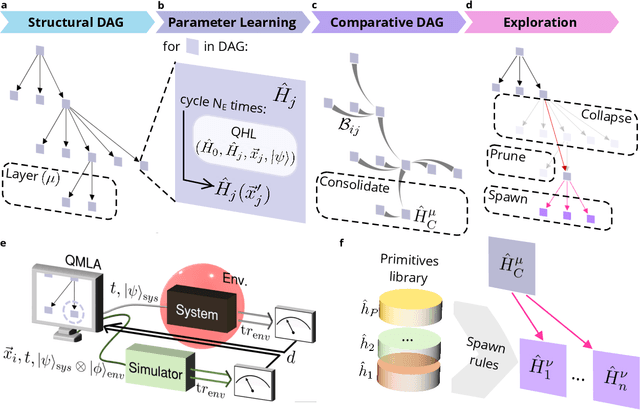
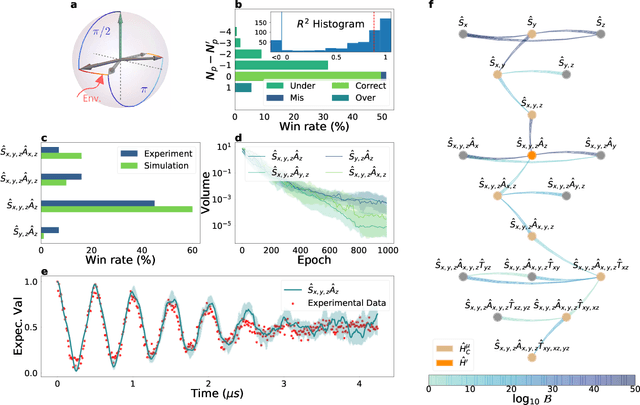
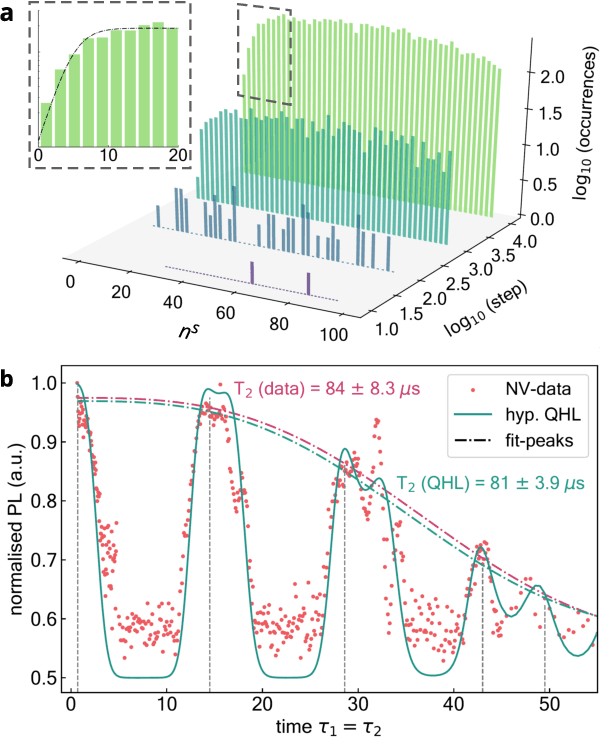
Abstract:An isolated system of interacting quantum particles is described by a Hamiltonian operator. Hamiltonian models underpin the study and analysis of physical and chemical processes throughout science and industry, so it is crucial they are faithful to the system they represent. However, formulating and testing Hamiltonian models of quantum systems from experimental data is difficult because it is impossible to directly observe which interactions the quantum system is subject to. Here, we propose and demonstrate an approach to retrieving a Hamiltonian model from experiments, using unsupervised machine learning. We test our methods experimentally on an electron spin in a nitrogen-vacancy interacting with its spin bath environment, and numerically, finding success rates up to 86%. By building agents capable of learning science, which recover meaningful representations, we can gain further insight on the physics of quantum systems.
Robust Online Hamiltonian Learning
Sep 18, 2012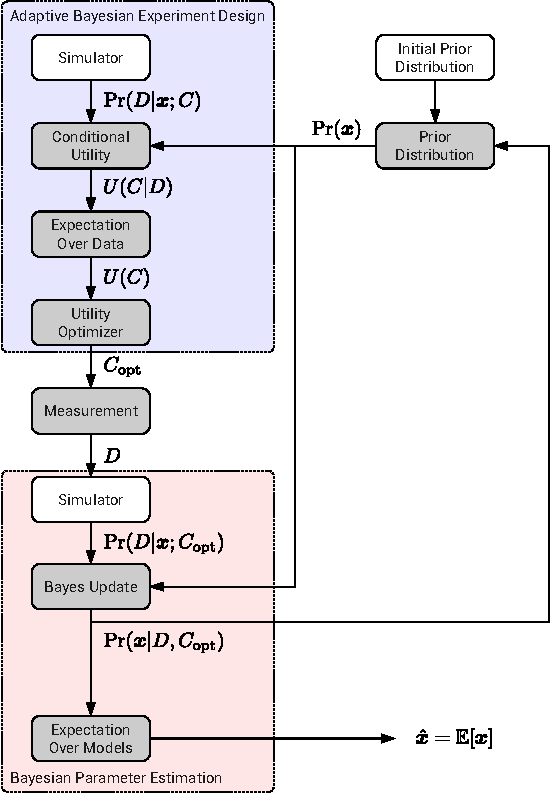


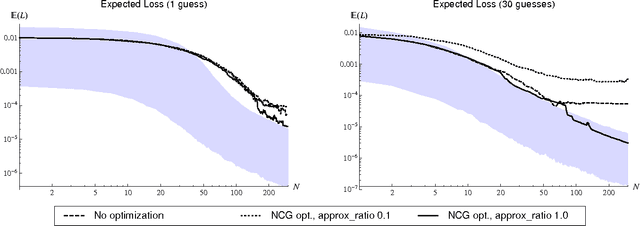
Abstract:In this work we combine two distinct machine learning methodologies, sequential Monte Carlo and Bayesian experimental design, and apply them to the problem of inferring the dynamical parameters of a quantum system. We design the algorithm with practicality in mind by including parameters that control trade-offs between the requirements on computational and experimental resources. The algorithm can be implemented online (during experimental data collection), avoiding the need for storage and post-processing. Most importantly, our algorithm is capable of learning Hamiltonian parameters even when the parameters change from experiment-to-experiment, and also when additional noise processes are present and unknown. The algorithm also numerically estimates the Cramer-Rao lower bound, certifying its own performance.
* 24 pages, 12 figures; to appear in New Journal of Physics
 Add to Chrome
Add to Chrome Add to Firefox
Add to Firefox Add to Edge
Add to Edge